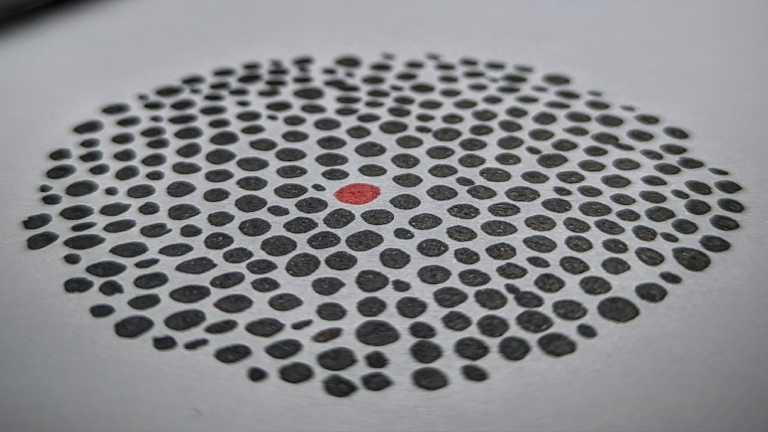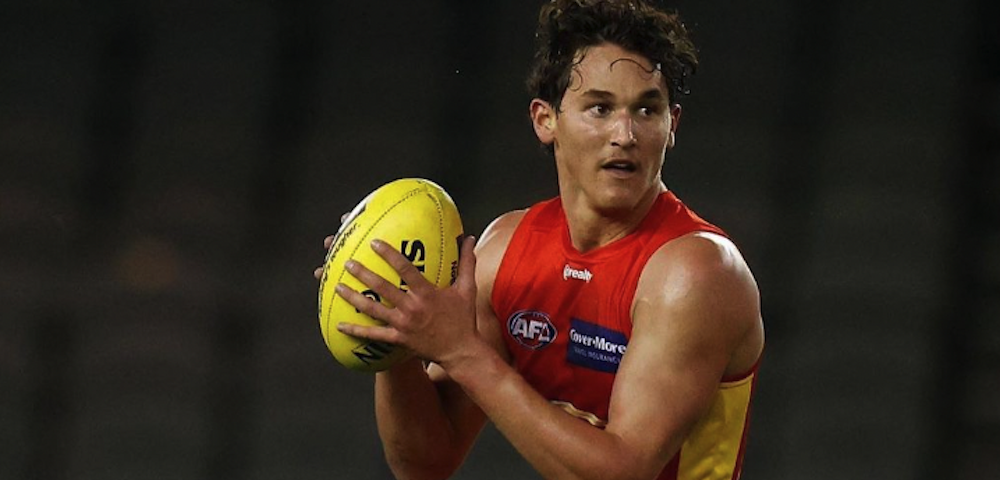
Labor says Federal Budget is “concerning” for HIV sector

HIV prevention efforts could be hampered by the introduction of the new $7 GP co-payment and funding cuts in the recent Federal Budget, Shadow Health Minister Catherine King has told the Star Observer.
The Labor health chief’s comments follow a meeting in Sydney with a number of groups including health body ACON, the Australian Federation of AIDS Organisations (AFAO), the National Association of People With HIV Australia and Organisation Intersex International.
“I think it’s really concerning,” said King.
“The GP tax will have a significant effect on the community both in terms of access to general practice, in terms of keeping people well but also on prevention and making sure that we continue down the pathway of reducing incidence of HIV.
“From the community organisations the message was very clear – the cumulative affects across the budget, not just in health, are concerning people.”
In a budget analysis, AFAO said the co-payment might be a “barrier to access,” particularly to people who make use of rapid HIV testing facilities who need to have follow-up tests to confirm any result.
The AFAO report said people looking for HIV tests may decide to bypass their GP and use sexual health services instead, yet it was unclear if they too would have to levy the $7 charge.
The organisation also highlighted cuts to central government funding which might impact on the HIV sector.
“About $193 million have been taken out of the Commonwealth Flexible Fund which funds a whole raft of organisations to do really important work and I think a lot of [HIV] organisations are waiting to hear whether their funding is gone or not,” King said.
“I think there’s obviously nervousness for the future of many organisations that have been in existence for well over 30 years in some cases.”
In recent years, AIDS councils have been stripped of funding in South Australia and Queensland, but this was due to state rather than federal funding decisions.
King said she hoped Australia’s new National AIDS Strategy, due to be launched by the government at this month’s AIDS 2014 international conference in Melbourne, would include an increase in the availability of rapid testing and make it easier for people with HIV to access medication from local pharmacies.
“Australia has a very good story to tell through 30 years of working in partnership with the community and we want to work towards this disease being gone,” King said.
“My concern is that [after the conference] we might see a real drop off in in any effort at all coming from the Government and if we lose that national focus then we won’t have much to say at the next world conference.”
A spokesman from Health Minister Peter Dutton’s office told the Star Observer they didn’t expect the $7 co-payment to deter people from seeking or confirming an HIV test as the “patient contribution is paid for the entire pathology episode, regardless of the number of tests that are performed during that service.”
The Health Minister’s spokesman added that like GPs, sexual health service providers will be able to bulk bill if they are authorised to provide the relevant Medicare items for which the patient contribution may apply, but this will be up to the discretion of individual clinics.
However, funding cuts to HIV organisations were not ruled out with the spokesman saying funding applications are “considered on their merits on a case-by-case basis”.
“The Australian Government recently committed $22.4 million in funding for prevention program for sexual transmissible infections and blood borne viruses,” he said.









